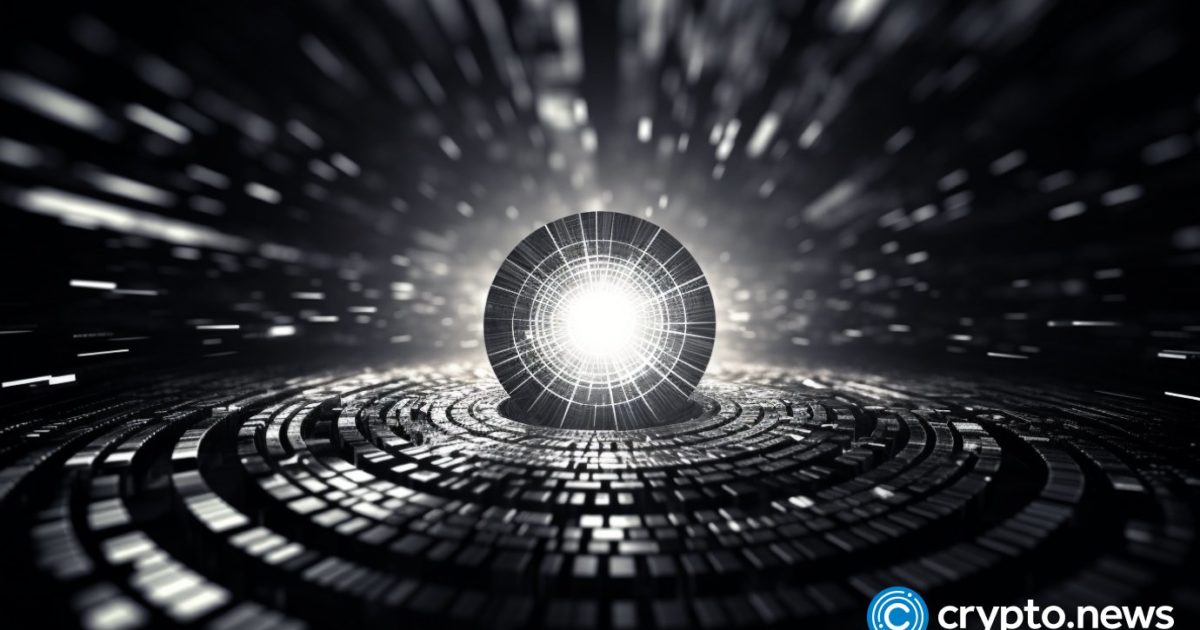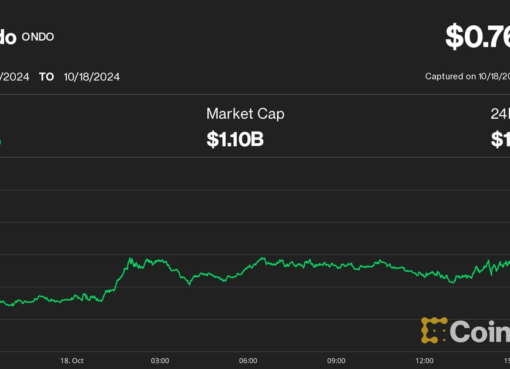Worldcoin is exploring a decentralized and incentivized approach to manufacturing its iris-scanning orbs, similar to Bitcoin mining, its co-founder, Alex Blania, has revealed.
While the move could be a means of earning WLD, the native token of the Worldcoin platform, there are doubts. For instance, experts caution about the potential risks, particularly the threat of counterfeit devices compromising biometric data security.
Even so, Worldcoin’s larger strategy is to move towards total decentralization in the upcoming year. Despite initial challenges, the organization is ready to produce an unlimited quantity of these devices.
It has partnered with Florida’s Jabil to increase orb production in March.
Independent auditing of the hardware and software of the orbs is crucial to building trust among the public, according to Steven Walbroehl, chief security officer and co-founder of Halborn. There are also concerns about the orb’s ability to control biometric data.
Adi Ben-Ari, the founder of Applied Blockchain, pointed out that users are asked if they agree to share their iris scans with Worldcoin for analytical purposes and future upgrades.
This suggests that users must trust the manufacturers because the data may leave the device.
Worldcoin responded by clarifying that all images captured by the orb during verification are immediately deleted.
If users agree to entrust their biometric data, it is processed on the orb, transmitted through encrypted channels to secure data stores, and then permanently erased.
Presently, combining blockchain technology with biometric data presents hidden challenges in decentralizing orb production, safeguarding user data, and maintaining public trust as Worldcoin gains momentum.




